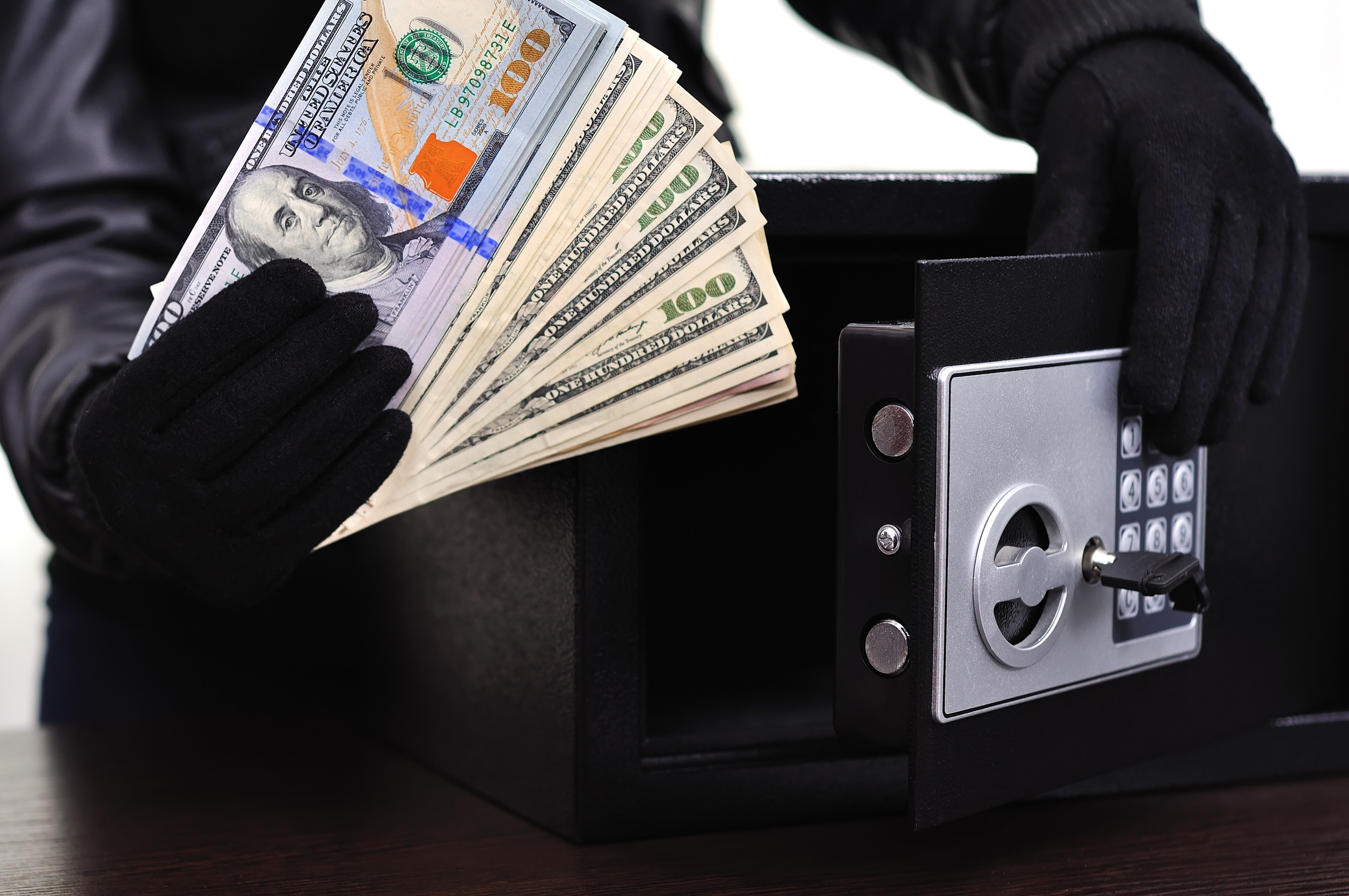When we think of theft, our minds often go to masked intruders or shady online scams. But sometimes, the betrayal cuts much deeper — because it’s happening within our own homes.
It’s painful to imagine someone close to us, even someone we love, slipping a few bills from our wallet or quietly draining our bank accounts. Yet, it happens more often than we think. Financial theft by someone you know — and even live with — is a quiet, subtle crime that’s far more common than most people realize.
The Trouble With Trust: Family Members as Unexpected Thieves
We naturally trust the people we share our lives and homes with. Spouses, children, siblings, or even elderly parents — these are not the people we imagine plotting financial deception. Yet according to numerous financial crime reports, family members are often the culprits in cases of domestic theft or financial exploitation.
It’s rarely about greed alone; it could stem from addiction, entitlement, resentment, or even desperation. The challenge is that our emotional closeness can blind us to warning signs and make us reluctant to believe what’s right in front of us.
The Teenage Culprit: When Curiosity Turns Into Stealing
Teenagers are at a unique crossroads between childhood and adulthood, and with that comes curiosity, boundary-testing, and sometimes, impulse-driven behavior.
If your money seems to disappear occasionally, and there’s a teen in the home, it’s worth paying attention. They might take small amounts here and there, justifying it as borrowing or assuming you won’t notice. Sometimes, it’s a sign of deeper issues — peer pressure, the desire for independence, or even substance abuse. Open communication, not just confrontation, is often the key to understanding what’s going on.
The Partner Problem: When a Spouse Hides More Than Secrets
Financial infidelity is a real and growing issue in many relationships. One partner may secretly siphon money for personal use, gamble it away, or hide entire credit cards and bank accounts. What’s even more alarming is that it can happen in both healthy and toxic relationships — sometimes it stems from power struggles or financial control, and other times from personal issues like addiction or a loss of trust.
Many people discover financial betrayal only after serious damage has been done. Keeping open conversations about money and having some financial transparency in the relationship can help prevent this from happening.
The Forgotten House Guest: When Friends Overstay Their Welcome
Maybe your friend needed a place to crash for a few weeks, or maybe it’s a distant cousin who’s been living in the guest room “just until they get on their feet.” These situations are fertile ground for subtle theft, especially when routines get casual and boundaries blur.
Someone staying in your home — even temporarily — has access to your personal space and often your trust. If they’re going through financial hardship or feel entitled to your hospitality, they might rationalize taking money or valuables. Always be cautious about who you allow into your personal space, no matter how well you think you know them.
The Invisible Hand: Elderly Relatives Exploited by Caregivers
On the flip side, your aging parent or grandparent might not be the one stealing — they might be the victim. When a relative or live-in caregiver is trusted to help manage medications, daily needs, and sometimes finances, the temptation can be too strong. These individuals may exploit the trust placed in them, withdrawing cash, misusing credit cards, or manipulating bank transfers.
The elderly are particularly vulnerable because they may not notice the theft or may be too embarrassed to report it. If you’re caring for an aging loved one, ensure financial safeguards are in place and monitor account activity closely.
Technology Makes It Easier — and Harder to Catch
In today’s digital age, theft doesn’t always mean rifling through a purse or wallet. Shared streaming services, mobile payment apps, and online banking accounts create new opportunities for household theft.
If you share passwords or leave devices unlocked, someone in your home can access and misuse funds without leaving physical evidence. It can be harder to prove who transferred what, especially if multiple people use the same devices. Always use secure passwords and keep an eye on app usage and digital spending habits — even among family.
Spotting the Red Flags Early
So, how do you know if someone at home is stealing from you? It starts with recognizing patterns: small amounts missing from wallets, unfamiliar charges on bank statements, or valuable items that mysteriously disappear.
Maybe a housemate becomes defensive when money is discussed or avoids eye contact when questioned. These are not definitive proofs, but they should raise your awareness. Trust your instincts, and don’t be afraid to investigate when something feels off.
How to Protect Yourself Without Creating Hostility
Confronting someone you live with is difficult, especially when the relationship is close.
The goal isn’t always to accuse but to address the issue with clarity and caution. Start with questions, not accusations – “Have you noticed any missing money?” rather than “Did you steal from me?” You can also implement basic protections, such as keeping cash in locked drawers, using bank alerts, and separating personal finances. It’s about creating an environment of respect, transparency, and accountability without eroding trust completely.
When It’s Time to Get Outside Help
If the situation escalates or you discover clear evidence of theft, it may be time to bring in help. That might mean a financial advisor, family mediator, or even law enforcement in serious cases. It’s not about revenge — it’s about protecting yourself and possibly helping the person responsible get the help they need.
In some cases, a person stealing from a loved one may be dealing with deeper issues like addiction or mental health challenges. Professional intervention can prevent the problem from becoming a full-blown crisis.
Keep Your Eyes Open, Even at Home
No one wants to believe that someone they care about could be stealing from them. But when money begins to disappear and trust starts to feel fragile, ignoring the problem only makes it worse.
The key is to stay observant, have honest conversations, and protect your finances without letting fear rule your home. Most of all, remember that financial betrayal doesn’t always mean the end of a relationship — but it does mean something has to change.
Have you ever faced a situation like this or noticed suspicious behavior at home? What is the best course of action to keep you and your family safe?
Read More
12 Indications That A Family Member May Be Stealing Your Money
Protect Your Business from Cybercrime: Here are 5 Effective Ways How



Leave a Reply